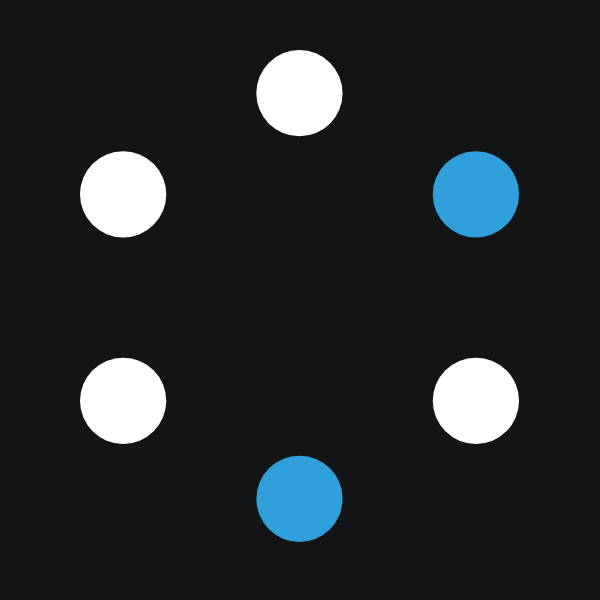We are the Molecular Programming Society, an international grassroots team of scientists, engineers, and entrepreneurs, who are programming the behavior of physical matter. We build liquid computers that run on chemistry, instead of electricity. Using these chemical computers, we program non-biological matter to grow, heal, adapt, communicate with the surrounding environment, replicate, and disassemble.
